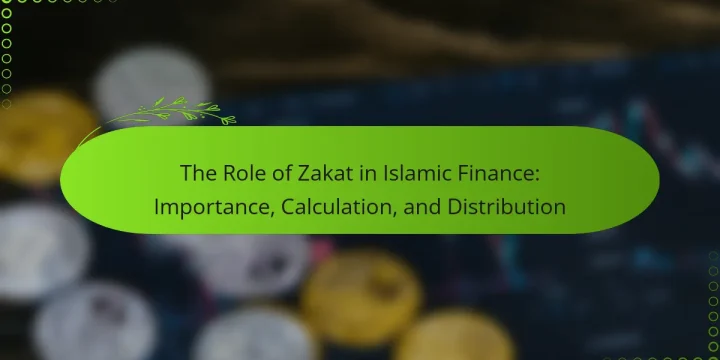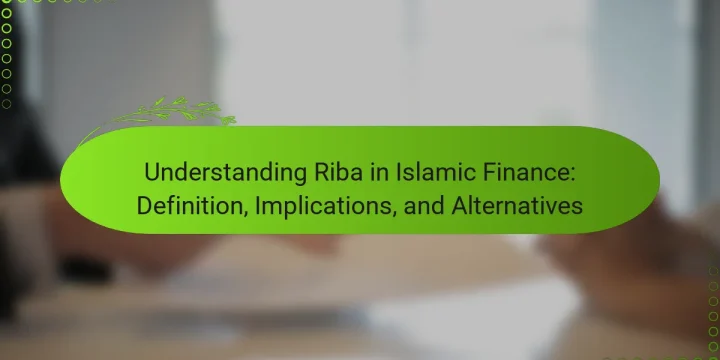
What is Sukuk? Sukuk are Islamic financial certificates similar to bonds. They represent ownership in a tangible asset, project, or investment. Sukuk comply with Islamic law, which prohibits interest (riba). Instead of interest payments, investors receive returns derived from the underlying asset's income. The global Sukuk market has grown significantly, reaching over $500 billion in issuance by 2020. This growth reflects the increasing demand for Sharia-compliant investment options. Sukuk can be structured in various ways, including Ijarah (leasing), Murabaha (cost-plus financing), and Musharakah (joint venture). Each structure has distinct attributes and applications in Islamic finance. How does Sukuk differ from traditional bonds? Sukuk differ from traditional bonds primarily in their underlying structure and compliance with Islamic law. Sukuk represent ownership in tangible assets or projects, while traditional bonds are debt…





